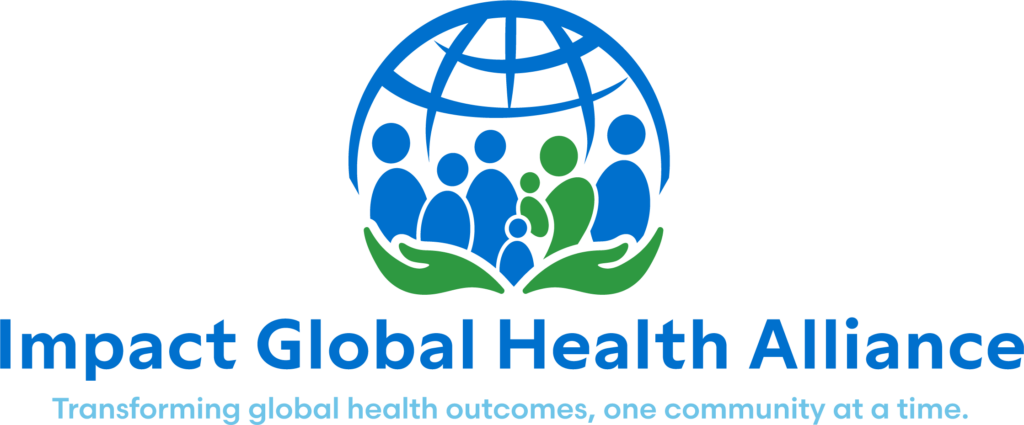Impact Global Health Alliance Global has served over one million people in five countries to reduce maternal and child mortality. In our partner communities we have achieved a 62% reduction in under five-child mortality in Bolivia, a 54% reduction in Guatemala, and a 63% reduction in Liberia. In addition, we reduced maternal mortality in our target communities in Guatemala by 67%.
Community-Based Family Planning is a top priority throughout our projects and includes increasing knowledge of the health and economic benefits of family planning, increasing women’s self-esteem and decision-making autonomy and increasing the use of modern contraceptive methods among post-partum women. Impact Global Health Alliance’ projects train Community Health Volunteers and Trained Traditional Midwives using our CBIO methodology to advise the locals on the importance of Family Planning and ensure all needs are met.
What is Community-Based Family Planning?
Let’s break it down: Family Planning is essentially deciding when we want to have children and how to use birth control. Community-Based Family Planning is a concept that brings family planning methods to women and men in the communities where they live rather than require them to visit health facilities. Most Community-Based Family Planning programming involves community members in the design, implementation, and management of the program. Community-Based Family Planning is commonly an additional component of an existing intervention, such as HIV/AIDS prevention and treatment programs, an immunization initiative, or a maternal and child health activity.
How is it implemented?
There are four strategies for implementing Community-Based Family Planning activities in the underserved communities: community-based distribution agents, community depots, mobile services and other private sector actors. This concept aims to increase people’s access to family planning services, address the social and political environment, increase knowledge about family planning, and ensure quality family planning services. While these methods are not necessary everywhere, they are most beneficial in underserved rural and urban areas when:
- Demand for family planning is high but access to services is low;
- Demand, access, and use for family planning is low;
- Demand and use for family planning services is low, but access to services is high, and there is an interest in increasing demand; and
- Where the health infrastructure is weak.
Why is Family Planning important?
According to a study conducted in 2008 by the Guttmacher Institute and the United Nations Population Fund, modern methods of family planning have helped avert:
- 60 million unplanned births
- 105 million induced abortions
- 685,000 children from losing their mothers as a result of pregnancy-related deaths
Benefits to Community-Based Family Planning:
- Takes the necessary services to urban and rural women and men who have limited access to clinical facilities.
- Increases contraceptive use especially when distributors provide a large range of methods and refer for other services.
- Can be integrated into existing networks of community health workers.
- Comparable in cost to clinic provision, costs may be significantly reduced because of the time and money spent traveling to a clinic as well as the clinic costs due to reduced patient load at health facilities.
In summary:
Community-Based Family Planning can offer extraordinary returns when these underserved communities make the well-being of mothers and children a priority. By implementing these plans, Impact Global Health Alliance along with other organizations can significantly reduce the number of maternal and child deaths around the world.
Written by: Sita Chandra, Development and Outreach Intern




